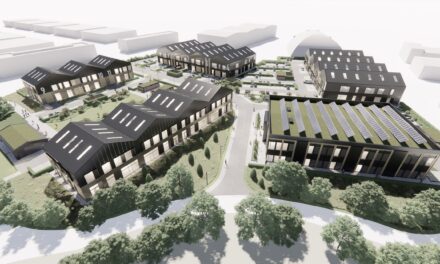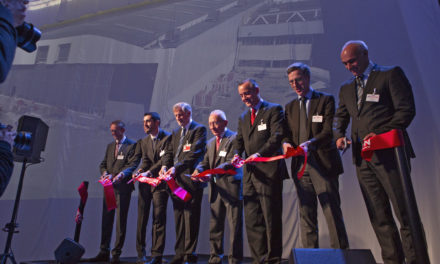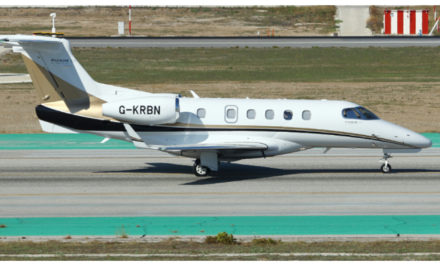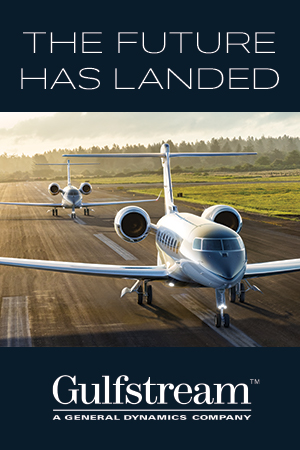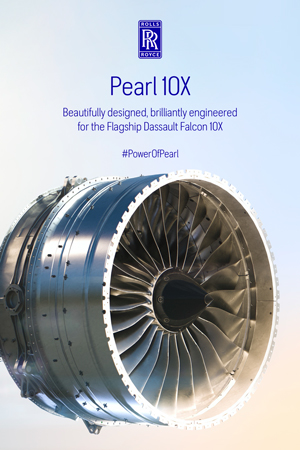Bombardier Business Aircraft announced on July 17 that its Global 7000 aircraft flight test program is progressing as planned and has surpassed the 500-hour milestone. With three flight test vehicles (FTVs) in flight testing and two remaining FTVs to join shortly, the Global 7000 aircraft program is on track to meet the aircraft’s targeted entry-into-service in the second half of 2018. Bombardier also confirmed that the first several customer aircraft are progressing smoothly through production at the Bombardier facility in Toronto, Canada. Four Global 7000 business jets are currently in final assembly. “The three flight test vehicles have been meeting all performance and reliability expectations for this stage in the flight test program, and the pace of testing will continue to accelerate with the two remaining FTVs progressing well towards their respective first flights,” said Michel Ouellette, Senior Vice President, Global 7000 and Global 8000 Program. “With more than 500 flight test hours already logged, the program’s development and certification schedule is on track. Our confidence level is high as we accumulate more flight hours and push towards entry-into-service in the second half of 2018.” In November 2016, Bombardier began flight testing its state-of-the-art Global 7000 business jet with the maiden flight of first flight test vehicle 1 (FTV1).
FTV1 came close to surpassing the speed of sound, reaching M 0.995 during a test flight in March 2017 – the largest business jet to operate so close to the sound barrier. The second flight test vehicle (FTV2) and third flight test vehicle (FTV3) joined the program in March and May 2017, respectively. The comprehensive testing conducted using the three FTVs over the course of the 500 flight hours has demonstrated the capability of the aircraft’s propulsion, avionics, electrical and mechanical systems. This testing will account for the majority of the certification requirements. “The Global 7000 aircraft’s flight validation program is making steady headway because of the aircraft’s reliable and mature configuration while in parallel, solid progress of the testing on structural and systems rigs is supporting certification activities as per plan,” said François Caza, Vice President, Product Development and Chief Engineer. “Our highly skilled teams have achieved significant milestones, which include completing hot weather and cold weather environmental tests.” Two remaining flight test vehicles, FTV4 and FTV5, are currently in final assembly and Flight Validation Testing in a dedicated pre-flight bay and are on track to join the other aircraft at Bombardier’s world-class flight test center in Wichita, Kansas.


